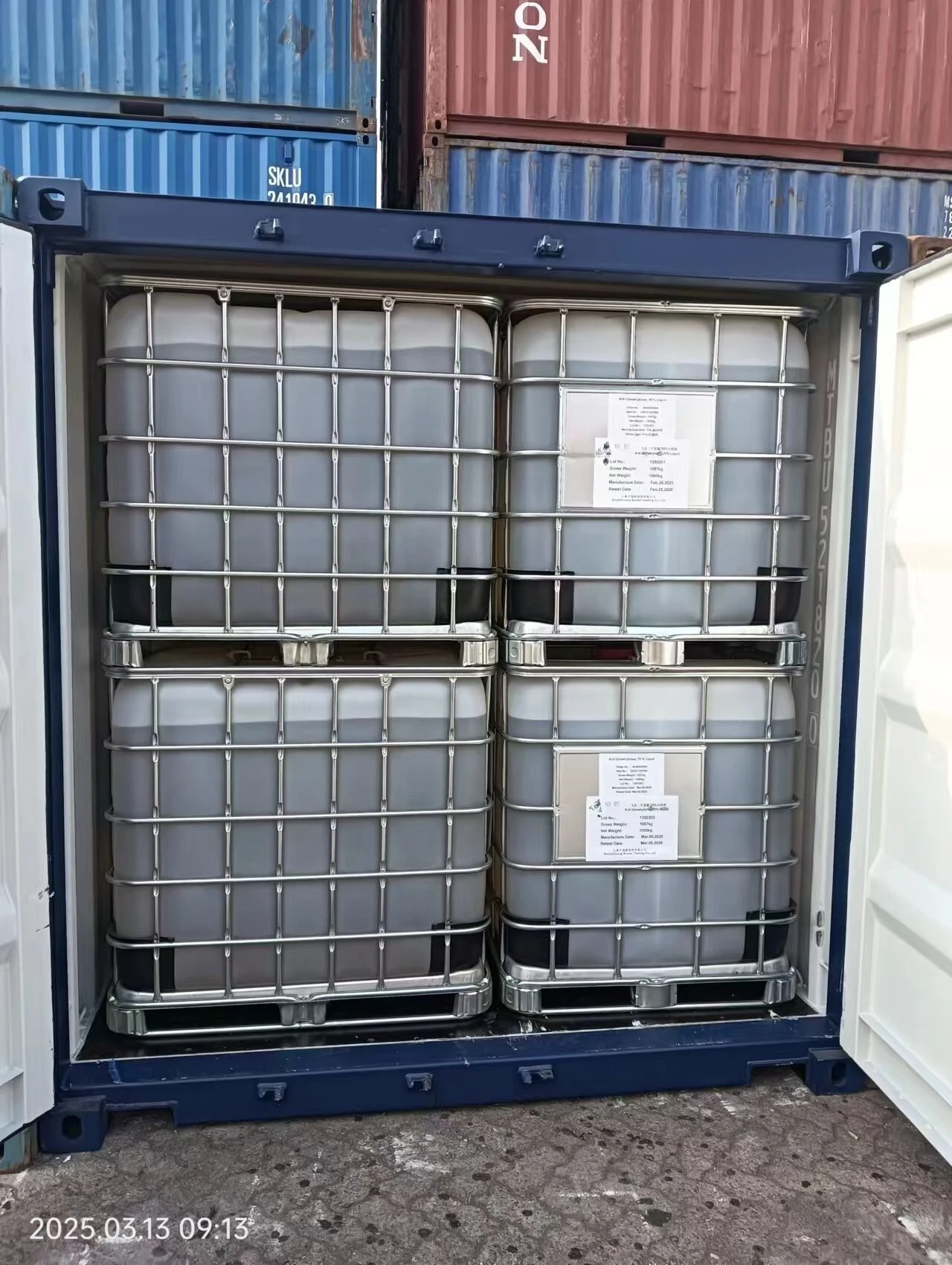Chemicals used in water treatment include chlorine and chloramine for disinfection, alum (aluminum sulfate) and ferric chloride for coagulation and flocculation, lime (calcium hydroxide) for pH adjustment and softening, sodium bicarbonate for alkalinity control, and activated carbon for adsorption of organic contaminants. Ozone and ultraviolet (UV) light are also employed for advanced disinfection processes. Polyphosphates are sometimes used to prevent corrosion and scale build-up in pipes.
- Product Name
- CAS No.
-
 9003-05-8
9003-05-8
What Is The Best Chemical For Cleaning Water?
The best chemical for cleaning water depends on the specific contaminants present and the desired water quality. Chlorine is widely regarded as one of the best chemicals for general disinfection due to its effectiveness in killing a wide range of pathogens and its relatively low cost. However, it can form harmful by-products, so chloramine is sometimes used as an alternative for longer-lasting disinfection with fewer by-products. Ozone and UV light are highly effective for disinfection without chemical residues, but they require more complex equipment. The choice of the best chemical or method depends on the specific requirements of the water treatment process and the desired outcomes.
Read Our Latest News

Aug.29,2025
Sevoflurane vs Propofol: Which Anesthetic is Better?
When selecting an anesthetic, medical professionals must carefully consider factors such as patient safety, recovery time, and pharmacological properties.
Read More
Aug.29,2025
Isoflurane Anesthetic for Dental and Outpatient Procedures: A Clinical Perspective
As an established active pharmaceutical ingredient in inhalation anesthesia, isoflurane continues to play a significant role in dental and outpatient surgical procedures.
Read More
Aug.29,2025
Environmental Impact of Isoflurane and the Rise of Green Anesthesia Practices
The medical community faces increasing scrutiny regarding the environmental consequences of volatile anesthetic agents, particularly isoflurane, a widely used active pharmaceutical ingredient in inhalation anesthesia.
Read More
